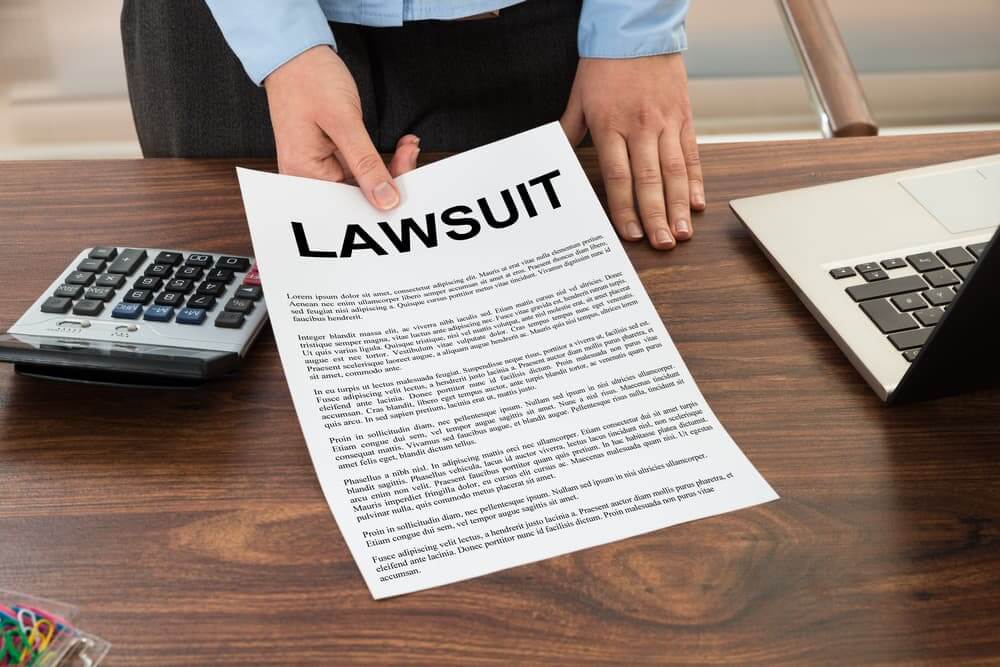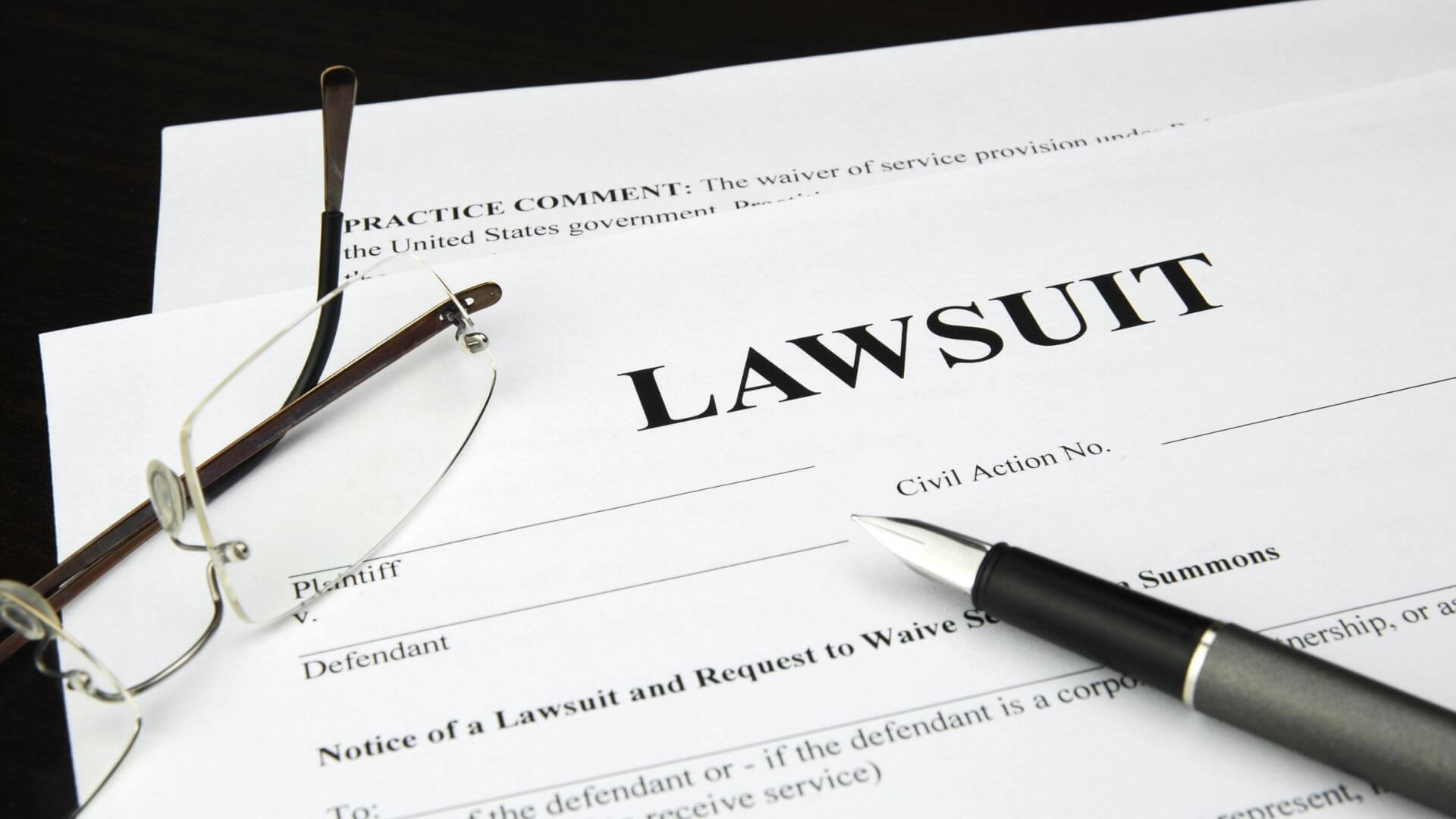Introduction
In the world of real estate investing, trust and transparency are paramount. When allegations surface about a prominent firm like Ashcroft Capital, the industry pays attention. Ashcroft Capital, a well-known real estate investment firm, has garnered attention not just for its multi-family syndications and investment returns, but more recently, due to legal disputes and investor concerns.
This article breaks down everything you need to know about the Ashcroft Capital lawsuit, including background context, the nature of the allegations, legal implications, and what it means for investors, business owners, and professionals in the tech and financial sectors. Whether you’re a seasoned investor or a curious reader, this guide will explain complex legal and financial issues in a simple, engaging way.
What Is Ashcroft Capital?
Ashcroft Capital is a real estate investment firm that focuses on multifamily syndication. The company primarily acquires, renovates, and operates Class B apartment communities in growing markets across the United States.
Key Highlights:
- Founded by: Joe Fairless and Frank Roessler
- Target Asset Class: Value-add multifamily real estate
- Target Markets: Texas, Georgia, Florida, and North Carolina
- Investor Base: Accredited investors seeking passive income and long-term growth
Ashcroft Capital has positioned itself as a trusted brand in real estate investing, attracting millions in capital from both retail and institutional investors.
Understanding the Lawsuit: What Sparked the Controversy?

Nature of the Allegations
The Ashcroft Capital lawsuit reportedly stems from claims made by a group of investors regarding:
- Misrepresentation of returns
- Lack of transparency in fund management
- Alleged failure to disclose risks
- Questionable performance metrics
- Concerns over fund misallocation
⚖️ Note: As of the time of writing, no legal judgment has been passed, and all parties involved are presumed innocent until proven otherwise.
Timeline of Events
| Date | Event |
| Early 2023 | Concerns raised by limited partners (LPs) about investment performance |
| Mid-2023 | Internal audit requested by investors |
| Late 2023 | The lawsuit was filed in civil court by a group of investors |
| 2024 | Case proceedings begin, including discovery and early depositions |
The Legal Framework: Key Issues at Stake
Breach of Fiduciary Duty
In private real estate syndications, general partners (GPs) like Ashcroft Capital have a fiduciary responsibility to act in the best interest of their investors.
Possible Legal Questions:
- Did the firm properly disclose all material risks?
- Were any conflicts of interest hidden?
- Were funds misused for unauthorized expenses?
Misrepresentation and Fraud
The plaintiffs claim that Ashcroft Capital may have misrepresented:
- Projected Internal Rate of Return (IRR)
- Occupancy rates
- Capital expenditure budgets
- Exit timelines and strategies
If proven, this could constitute securities fraud under SEC regulations.
How This Affects Real Estate Investors
The Ripple Effect
Even if you’re not invested in Ashcroft Capital, the case may have wider implications for:
- Investor due diligence practices
- Transparency standards in private equity
- Changes in SEC enforcement on crowdfunding platforms
Lessons for Passive Investors
- Always read the PPM (Private Placement Memorandum) carefully.
- Request quarterly financials and compare them to projections.
- Understand the track record of the sponsor, not just the marketing.
- Ask direct questions about downside risks and contingency planning.
Real-World Examples and Investor Voices
Many investors in the multifamily space have shared anecdotal stories and cautionary tales on forums and webinars. While not all are directly related to Ashcroft Capital, the themes are consistent:
- Overly aggressive projections
- Poor communication during economic downturns
- Delays in distributions and lack of explanation
Example from a Multifamily Investor:
“I invested in what seemed like a great deal, only to find out that the sponsor wasn’t meeting basic KPIs. The lack of communication made it worse.”
These stories underscore the need for trustworthy, data-backed communication between sponsors and investors.
Industry Reaction: What Experts Are Saying
Professional Opinions
- Real Estate Attorneys: Emphasize the need for clearly defined GP-LP contracts and ongoing compliance.
- Investment Advisors: Recommend diversification beyond private REITs and syndications.
- Tech Founders in PropTech: See this as an opportunity to create blockchain-based transparency tools for private investments.
Common Suggestions from Experts:
- Standardize reporting metrics across syndication deals
- Improve third-party audits in passive real estate investing
- Educate investors on risks with real estate cycles
A Look at Multifamily Syndication Challenges
The lawsuit sheds light on some common pain points in the industry:
| Challenge | Impact on Investors |
| Over-leveraging | Higher risk of foreclosure during economic shifts |
| Limited liquidity | Hard to exit if you want your money back early |
| Sponsor overconfidence | Aggressive assumptions may lead to underperformance |
| Poor market timing | Acquisitions during a peak cycle can falter later |
Investors should ask: What safeguards are in place if things go south?
Could This Impact Ashcroft Capital’s Reputation?
Brand Damage and Public Perception
Reputation is everything in private equity. Even without a verdict, the mere presence of a lawsuit can affect:
- Investor trust
- New capital raising efforts
- Public relations and media coverage
However, Ashcroft Capital has issued statements denying any wrongdoing and continues to operate in various markets.
Pro Tip: Investors should monitor updates from reliable financial news sources and the court system to understand any changes in the case status.
How to Protect Yourself as an Investor
Due Diligence Checklist
Before you invest in any real estate syndication, consider the following:
🧾 Sponsor Evaluation
- What’s the sponsor’s track record over multiple cycles?
- Have they faced lawsuits or SEC enforcement in the past?
📊 Deal Analysis
- Are projections conservative or overly optimistic?
- Is there a break-even occupancy rate listed?
🔐 Legal & Compliance
- Is the legal structure clear (LLC, LP, or otherwise)?
- Is there legal recourse if things go wrong?
Red Flags to Watch For
Sometimes red flags can be subtle. Watch for:
- Infrequent updates to investors
- Vague or overly positive language
- Delays in tax documents (K-1s)
- Excessive fees or unexplained costs
- No third-party property management
Future Implications: Will This Change the Industry?
This lawsuit could trigger long-term changes in the private real estate space.
Potential Industry Shifts:
- Increased SEC oversight of private syndications
- More transparency tools, possibly using blockchain or AI
- Higher investor demand for audited performance records
- Greater use of investor portals with live data feeds
FAQ’s
What is the Ashcroft Capital lawsuit about?
The lawsuit involves claims of misrepresentation, lack of transparency, and potential breaches of fiduciary duty related to real estate investments.
Is Ashcroft Capital still operating?
Yes, as of now, Ashcroft Capital continues to operate and manage existing and new investment deals.
What are the risks of investing in real estate syndications?
Common risks include illiquidity, market fluctuations, mismanagement by the sponsor, and lack of transparency.
How can investors avoid scams or poorly managed funds?
Do thorough due diligence, read offering documents, ask tough questions, and seek legal or financial advice before investing.
Does this lawsuit mean all real estate syndications are risky?
Not necessarily. Many real estate sponsors operate ethically. However, this case underscores the importance of investor vigilance.
Conclusion
The Ashcroft Capital lawsuit is critical for the real estate investment industry. It serves as a wake-up call for investors, developers, and syndicators. While no legal conclusions have been drawn yet, the case highlights the need for transparency, due diligence, and proactive risk management in private equity real estate.
Whether you’re a tech-savvy entrepreneur, a business owner seeking passive income, or a cautious investor exploring options, this is a story worth watching closely.
